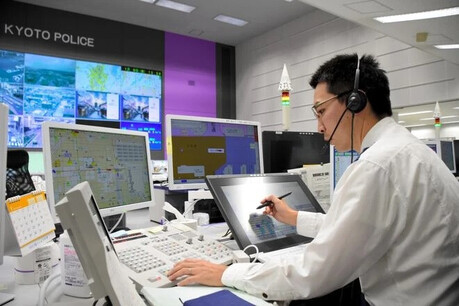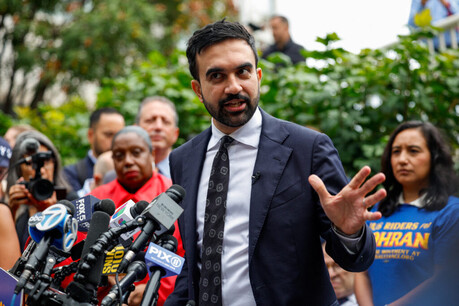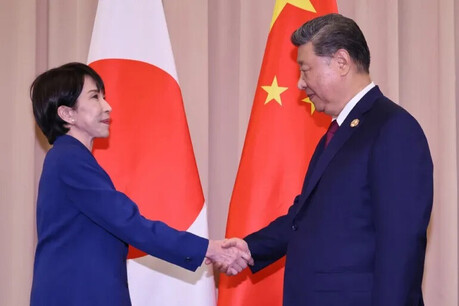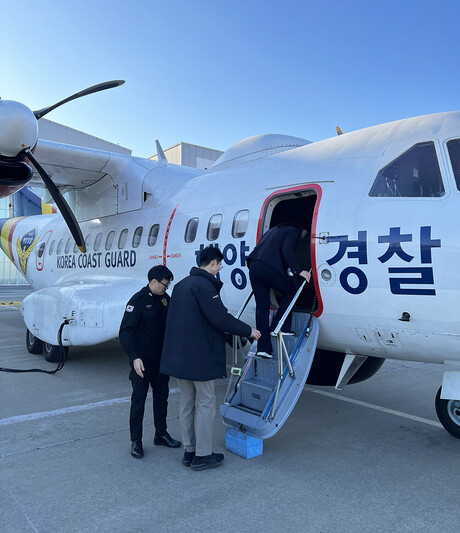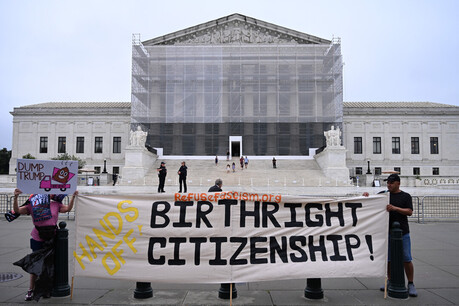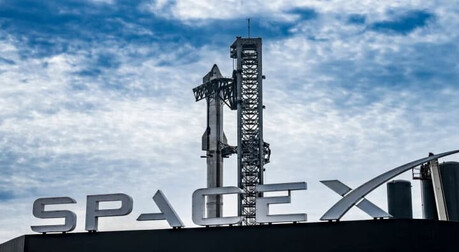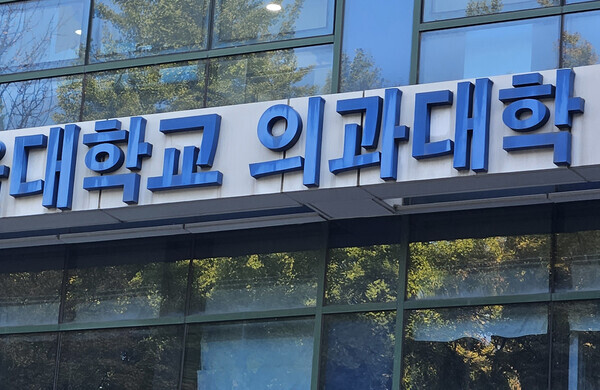
Seoul, South Korea – The number of applicants to medical schools in South Korea for the 2025 academic year has surged by nearly 30%, reaching a record high of over 10,000, according to a report released by Jongno Academy on January 5.
The surge can be attributed to several factors, including the completion of the transition of medical graduate schools to undergraduate programs in 2022 and the increased popularity of medical careers. However, experts caution that the intense competition for limited medical school seats may lead to a decline in applications to other science and engineering programs.
Regional Disparities and Competition
While the overall number of applicants increased significantly, regional disparities were evident. The Chungcheong region saw the most substantial increase in applications, followed by other provinces. In contrast, the Seoul metropolitan area experienced a more modest rise.
Despite the surge in applications, the average competition rate for medical schools slightly decreased compared to the previous year, largely due to an increase in the number of available seats. This was made possible by the expansion of medical school quotas and the transfer of unfilled spots from the early admissions round to the regular admissions round.
The most competitive medical school was Suncheonhyang University, with a competition rate of 26.19:1. Other highly competitive institutions included Kosin University (25.77:1), Dongguk University WISE Campus (16.33:1), and Dankook University Cheonan Campus (15.95:1). Among the medical schools in the Seoul metropolitan area, Kyung Hee University had the highest competition rate at 8.22:1.
Impact on Other Fields
The intense competition for medical school admissions has led to a decline in applications to science and engineering programs at top universities. For instance, Seoul National University reported an 18.7% decrease in applicants to its natural sciences programs (excluding medical-related fields), while Yonsei University saw a 9.3% decline.
Expert Analysis
Jongno Academy attributed the surge in medical school applications to the increasing prestige and stability associated with medical careers. The academy also noted that the trend is likely to continue in the coming years, as the demand for healthcare professionals remains high.
"It appears that top-performing students are heavily concentrating their efforts on medical school applications, even in the regular admissions round," said a representative from Jongno Academy. "As a result, we anticipate a decrease in the competitiveness of science and engineering programs."
Implications for Higher Education
The dramatic increase in medical school applications has significant implications for higher education in South Korea. Universities will need to adjust their admissions policies and curricula to attract and retain students in other fields. Additionally, the government may need to consider further expanding medical school quotas to meet the growing demand for healthcare professionals.
[Copyright (c) Global Economic Times. All Rights Reserved.]
















